Frustrated (noise issues)
kris_21
9 years ago
Related Stories
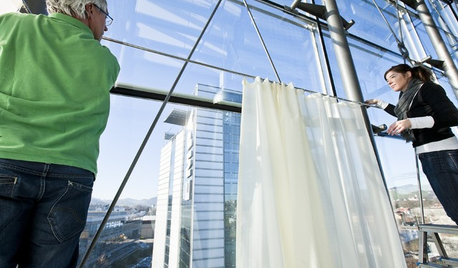
HOME OFFICESQuiet, Please! How to Cut Noise Pollution at Home
Leaf blowers, trucks or noisy neighbors driving you berserk? These sound-reduction strategies can help you hush things up
Full Story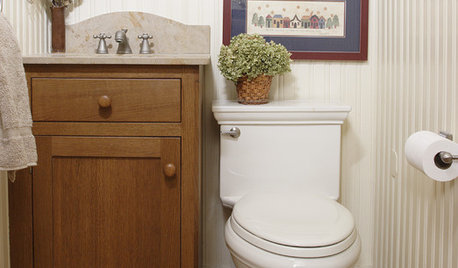
HOUSEKEEPINGWhat's That Sound? 9 Home Noises and How to Fix Them
Bumps and thumps might be driving you crazy, but they also might mean big trouble. We give you the lowdown and which pro to call for help
Full Story
LANDSCAPE DESIGNBeautiful Noise: How to Create a Symphony in Your Garden
Take your surroundings to another level by introducing the element of sound with ground covers, water features and wind catchers
Full Story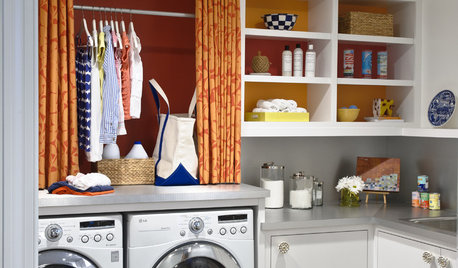
REMODELING GUIDESContractor Tips: Advice for Laundry Room Design
Thinking ahead when installing or moving a washer and dryer can prevent frustration and damage down the road
Full Story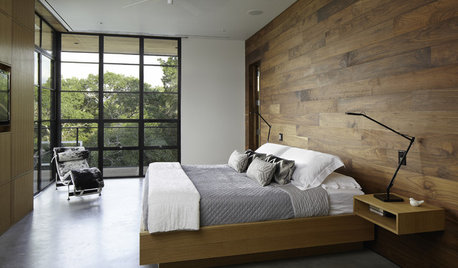
REMODELING GUIDESConstruction Timelines: What to Know Before You Build
Learn the details of building schedules to lessen frustration, help your project go smoothly and prevent delays
Full Story
REMODELING GUIDESContractor's Tips: 10 Things Your Contractor Might Not Tell You
Climbing through your closets and fielding design issues galore, your contractor might stay mum. Here's what you're missing
Full Story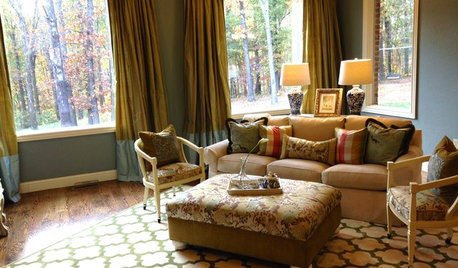
LIVING ROOMSA Living Room Miracle With $1,000 and a Little Help From Houzzers
Frustrated with competing focal points, Kimberlee Dray took her dilemma to the people and got her problem solved
Full Story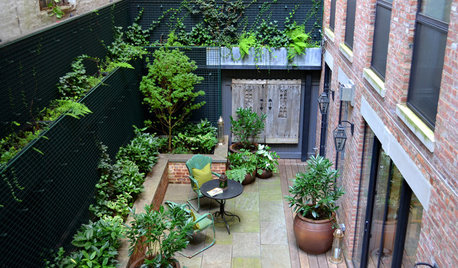
LANDSCAPE DESIGNProblem Solving With the Pros: How to Build a Garden in an Urban Canyon
Skyscrapers, noise and deep shade create an unlikely sweet spot for a timeless green retreat in New York City
Full Story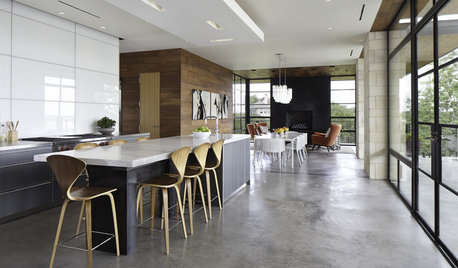
DECORATING GUIDESHow to Create Quiet in Your Open Floor Plan
When the noise level rises, these architectural details and design tricks will help soften the racket
Full Story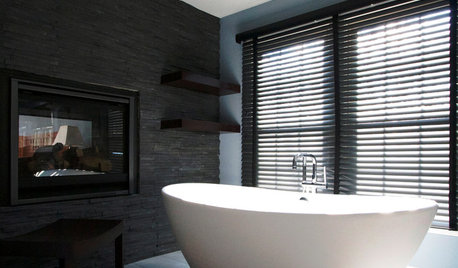
BATHROOM DESIGNDreaming of a Spa Tub at Home? Read This Pro Advice First
Before you float away on visions of jets and bubbles and the steamiest water around, consider these very real spa tub issues
Full Story





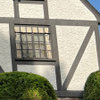
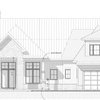
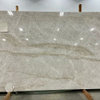
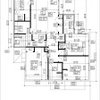
amberm145_gw
kris_21Original Author
Related Professionals
Charleston Architects & Building Designers · Lexington Architects & Building Designers · Grover Beach Home Builders · Montgomery County Home Builders · North Ridgeville Home Builders · West Whittier-Los Nietos Home Builders · Bartlesville General Contractors · Citrus Heights General Contractors · Conneaut General Contractors · Coos Bay General Contractors · Cumberland General Contractors · Lakewood Park General Contractors · Panama City General Contractors · Parkville General Contractors · Summit General Contractorsamberm145_gw
Mistman
kris_21Original Author
chiefneil
Perseco2012
palimpsest
gabbythecat
Pinebaron
zzackey
dekeoboe
gabbythecat
Pinebaron
gabbythecat
renovator8
dekeoboe
lyfia
jimandanne_mi
Awnmyown